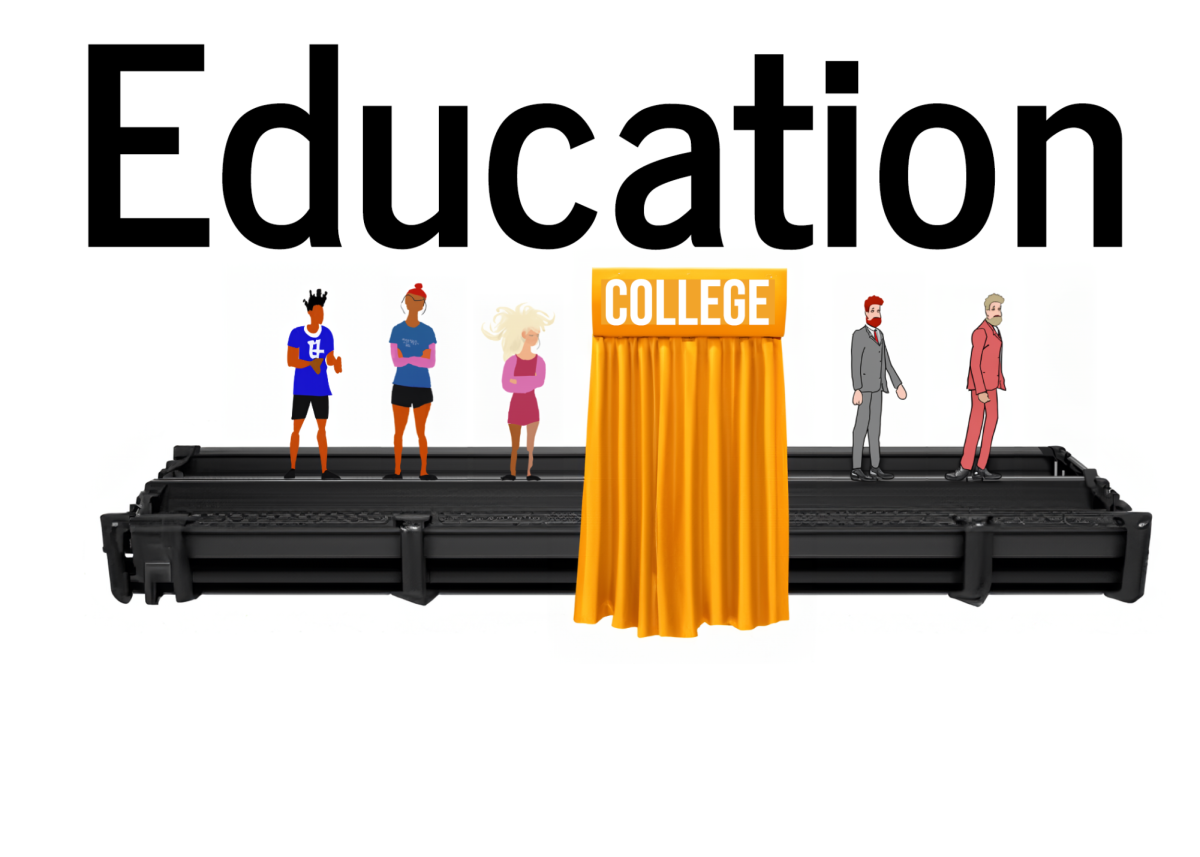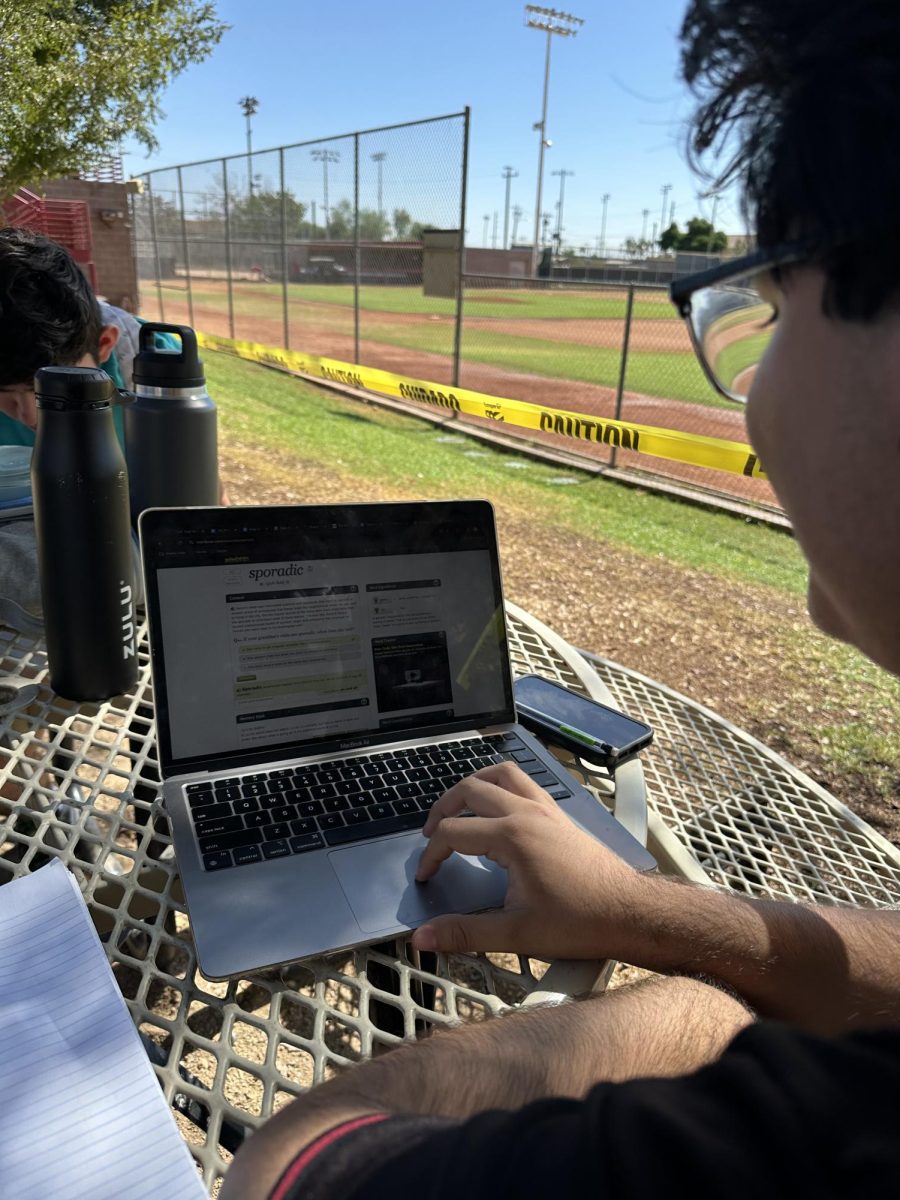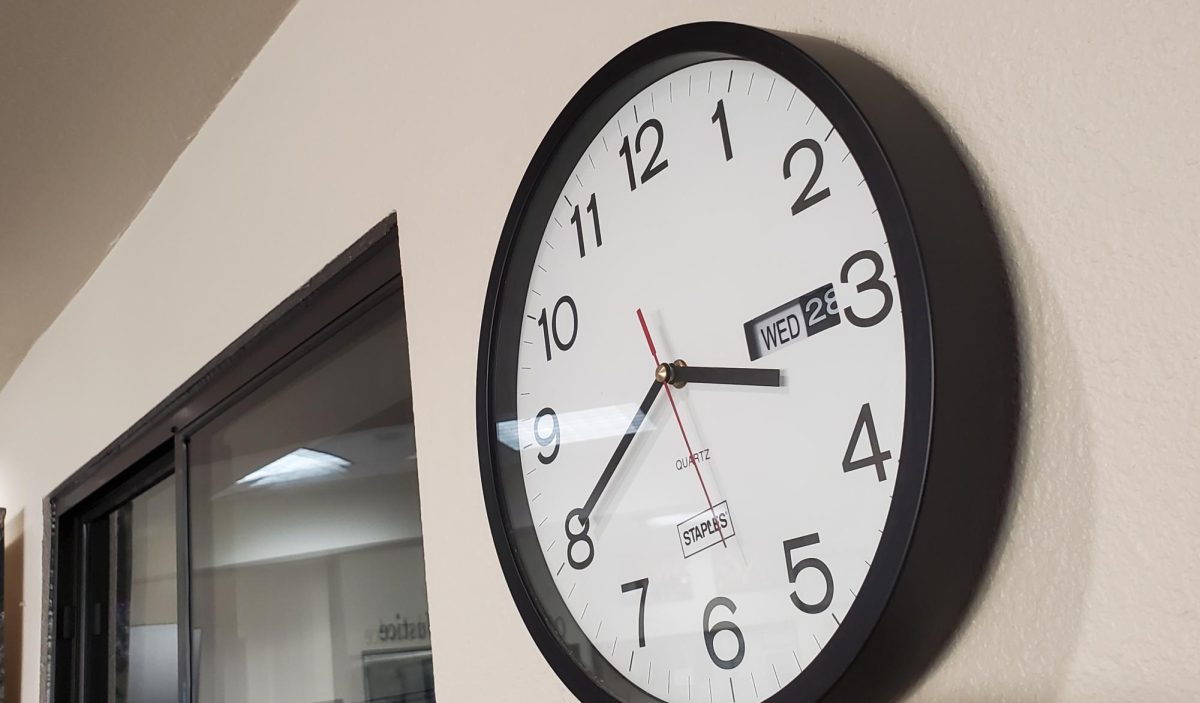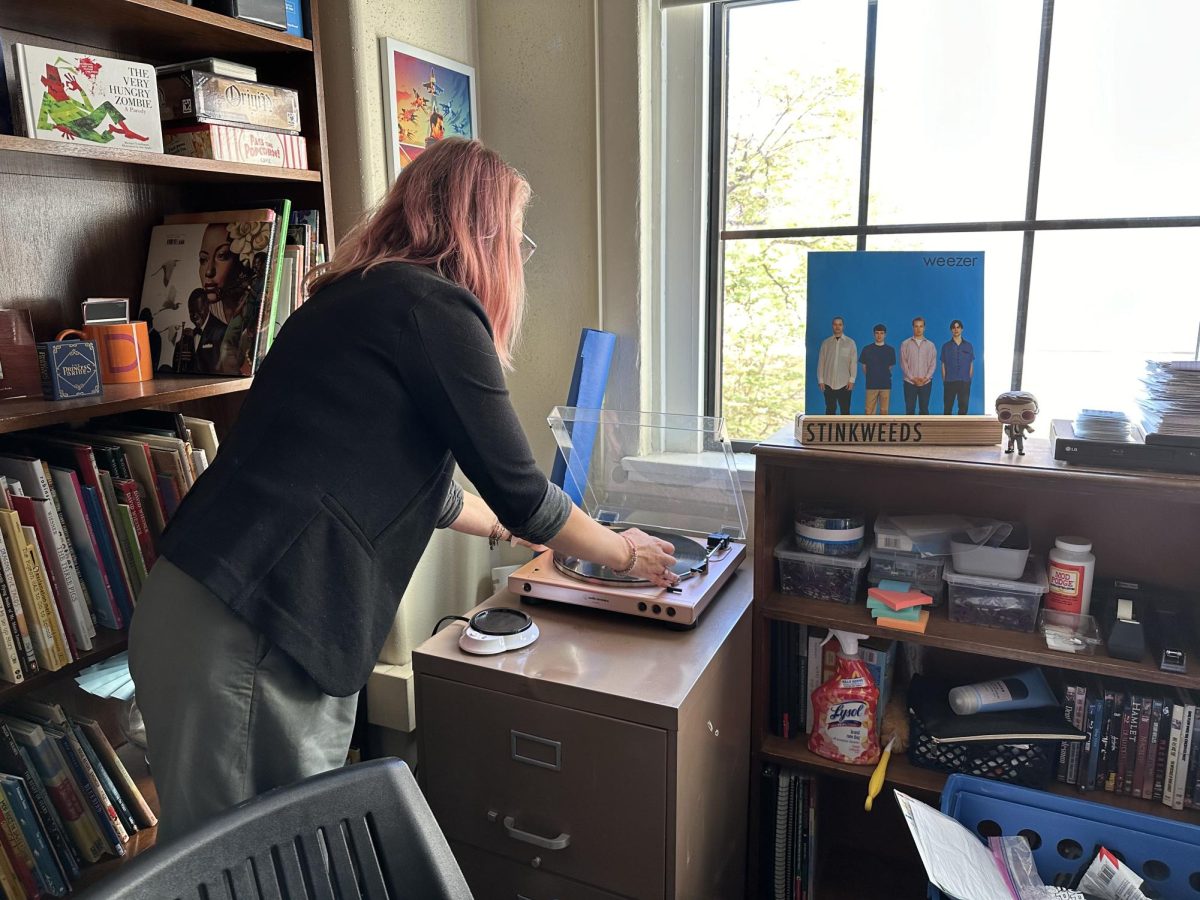The Issue: Students often overburden themselves with classes and activities in the hopes that colleges will notice them.
Our Stance: Students must choose healthy workloads, including healthy amounts of sleeping, eating and exercising over truly onerous ones.
Too often it is the case today that a student stays up into the dead of night working on an assignment or an essay, having overburdened themselves with their work schedules.
In fact, the practice has become so common that many can probably picture sitcom episodes, comedy sketches or simple jokes poking fun at the matter.
But the truth is that this is no laughing matter.
A 2015 Stanford study called sleep deprivation an “epidemic” among teens and cited statistics showing that 87 percent of U.S. high school students get far less than the recommended eight to 10 hours of sleep each night.
It also highlighted the negative side effects that can occur because of sleep deprivation besides basic exhaustion.
The negative effects of sleep deprivation are staggering.
Sleep deprivation, the study found, can lead to a multitude of problems, including an inability to concentrate, poor grades, drowsy-driving incidents, anxiety, depression, thoughts of suicide and even suicide attempts.
Sleep deprivation, however, is not the only problem caused by overbooked schedules.
Increasingly, we hear stories of students skipping meals—breakfasts, lunches or dinners—to work on assignments or to attend club meetings or sports practices.
In fact, we published an article earlier this academic year about time management and homework, and one of the students quoted said he spends most of his lunches working on homework, as he cannot always finish it at home.
Think about it: How often do you see students in the halls of Brophy studying or working rather than giving themselves proper nutrition?
How often do you find yourself caught in club meeting or a practice at mealtime?
The final negative consequence of an overly booked schedule is this: With less free time available, a student has less time to pursue a physical activity or exercise, which is crucial to a person’s health.
While this factor applies less to student athletes, who spend large parts of their schedule exercising, it applies to the greater demographic of students who do not play sports and exercise when they can in their free time.
As we all know, not only does exercise reduce stress and anxiety, but a lack of it can also lead to weight gain and other negative health effects.
Sometimes it is not busy schedules, workloads and commitments that create these problems.
Procrastination, poor time management and succumbing to distractions can create all these problems.
Combine these human tendencies with a packed schedule and you have a ticking time bomb.
Sleep, nutrition and exercise are indescribably and inexpressibly important.
Yet many of us continue to overburden ourselves with AP classes, sports, clubs, extracurriculars and part-time jobs.
Why is that?
This overburdening stems from our desire to impress colleges.
The thinking goes like this: Because the college process has become more selective and competitive, students feel strongly that we have to stand out in our applications, no matter the cost.
We believe that we have to be that student who takes all those AP classes, that we have to also be that athlete who participates in varsity sports, that we have to be that leader who simultaneously runs the most important, demanding clubs on campus.
That is the mindset that is running through our heads right now. It is an easy one to fall into.
We are all victims of it. And we must fight it.
While AP classes, athletics, clubs and colleges are all important in their own right, they should not be the end-all be-all of a student’s high school career.
Our health, our sanity and our well-being must be our prime concern as students and as persons.




















